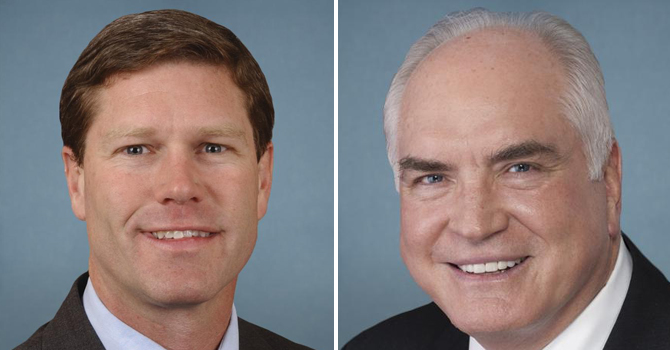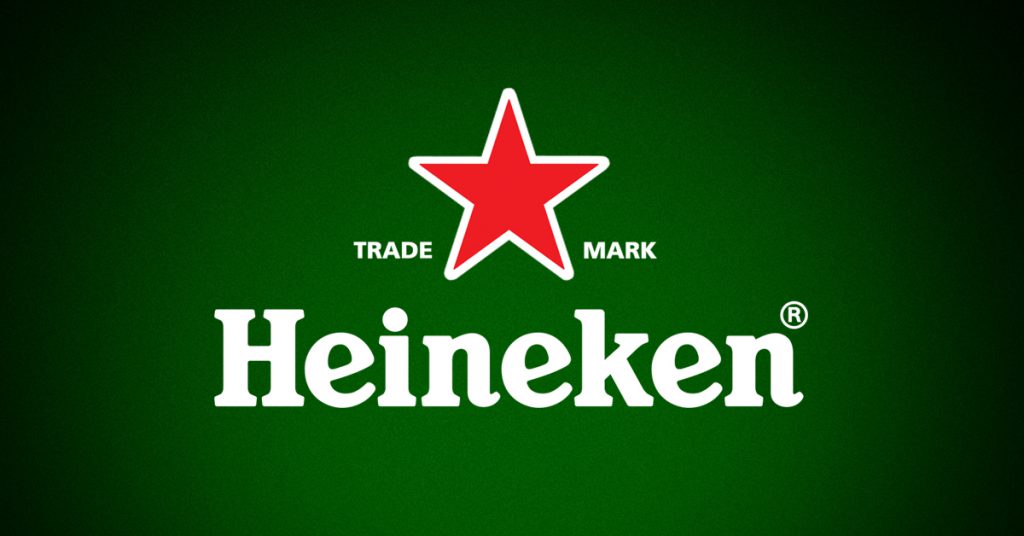
Court-appointed receiver Alvarez & Marsal filed a report Thursday saying it had reached an agreement to sell financially troubled Canadian brewing equipment manufacturer DME Group’s manufacturing and fabrication headquarters in Charlottetown.
According to the receiver’s second report filed with the Superior Court of Prince Edward Island, Alvarez & Marsal said it executed a purchase agreement with CIMC Enric Tank and Process Ltd. on February 13. Now, the receiver is asking the court to approve the sale.
According to CIMC’s website, the company is “one of the largest suppliers for the beverages and liquid food industries,” with operations around the globe.
If approved by the court, the transaction could close by March 5.
Alvarez & Marsal said CIMC plans to continue the DME Group’s operations in Charlottetown, employ a majority of the employees currently working at the facility and potentially rehire others.
As part of the transaction, CIMC would acquire the Charlottetown property as well as machinery, equipment, inventories, intellectual property, customer lists, and brewery “works-in-progress” projects, among other assets. However, CIMC would not assume any of DME’s liabilities.
Alvarez & Marsal reported that CIMC’s bid for the business “was superior” to three other offers. The receiver is slated to ask a judge to approve the sale during a February 22 hearing.

US House Introduces Excise Tax Reform
A week after the Craft Beverage Modernization Tax Reform Act was introduced into the Senate, the House of Representatives presented a companion bill that would make permanent excise tax cuts for alcohol producers and importers.
U.S. Reps. Ron Kind (D-WI) and Mike Kelly (R-PA) co-sponsored the legislation that would extend excise tax relief that alcohol companies received as part of the Tax Cuts and Jobs Act in 2017 indefinitely. Those cuts are currently slated to expire at the end of the year.Like the original legislation, the bill sets the federal excise tax for domestic brewers producing fewer than 2 million barrels a year at $3.50 per barrel on the first 60,000 barrels. The legislation also maintains the federal excise tax of $16 per barrel on the first 6 million barrels for all other brewers and beer importers, while keeping in place the $18 per barrel excise tax for brewers producing more than 6 million barrels.
Beer Institute president and CEO Jim McGreevy told Brewbound that while the goal is “permanence,” stakeholders also have the opportunity to extend the tax relief for an additional two years as a “tax extender.”
“We need to get permanence, but we also have the opportunity to have it extended for another two years to keep the conversation going and to keep the tax relief going, more importantly,” he said.
McGreevy added that alcohol producers are positioned for success due to the tax relief already being in place and the bill receiving bipartisan support. However, he stressed that “getting the tax relief is not a guarantee.” He added that he expects the effort to extend the cuts to last until the December 31 deadline.
According to the Brewers Association (BA), which represents the interests of small and independent beer companies, “99 percent of small brewers have realized a 50 percent reduction of their federal excise tax.”
In a press release, BA president and CEO Bob Pease said CBMTRA saves small brewers “nearly $80 million each year.”

Backlash Over Boston Beer Gardens
A pair of Massachusetts lawmakers are attempting to rein in Boston’s popular outdoor beer gardens, according to the Boston Globe.
Driven by the Massachusetts Restaurant Association, state Sens. Ed Kennedy (D-Lowell) and Nick Collins (D-South Boston) are co-sponsoring a bill that would prevent any person or company from obtaining more than 14 one-day licenses a year. Beer companies such as Trillium and Wachusett, among others, have used those licenses to operate outdoor beer gardens from the spring into the fall.
Currently, the law allows applicants to obtain up to 30 one-day licenses. However, beer companies have used a loophole that allows multiple applicants to request licenses on their behalf. Last year, the city issued 82 one-day licenses, up from 39 in 2017, the Globe reported.
Speaking to the Globe, Massachusetts Restaurant Association president and CEO Bob Luz said the law is being abused to the detriment of his organization’s members.
The states brewers have said they’re willing to work with lawmakers to evolve the law.
Meanwhile, Notch Brewing founder Chris Lohring pointed out that the bill as written wouldn’t just hurt craft brewers, but would also affect nonprofits that rely on one-day licenses.

Jim Koch Responds to #Corntroversy
It’s been nearly two weeks since Anheuser-Busch launched its Bud Light Super Bowl ads pointing out MillerCoors’ use of corn syrup in its flagship Miller Lite and Coors Light offerings and upsetting corn farmers. Now, Boston Beer Company founder Jim Koch has trudged into the cornfield with a blog post on the Samuel Adams website titled “Corntroversy — Deja Vu?”
“It’s like McDonald’s and Burger King arguing about grilling vs. broiling their burgers,” he wrote. “Who cares? Fast food is still fast food.”Koch also predicted that the next phase of A-B’s fight with MillerCoors would be either the latter’s use of hop extract or an attack on imports such as Corona and Modelo, which “use the same industrial brewing techniques and ingredients”
“How safe is the quality image and premium price point of imported beers if drinkers realize that their fancy, upscale image hides less expensive ingredients and industrial brewing practices, just as happened in 1986?” Koch wrote.

Heineken N.V. Revenue Grows 6.1 Percent in 2018; US Volumes Decline
Heineken N.V. reported its full-year earnings results this week, highlighted by a 6.1 percent increase in global revenue as total beer volumes grew 4.2 percent worldwide. Meanwhile, volumes of the Heineken increased 7.7 percent, which the company said was the brand’s “best performance” in more than a decade.
The results weren’t as rosy in the U.S., were the company’s volumes declined high-single digits. Additionally, U.S. volumes for Heineken-owned Lagunitas declined low-single digits, which the company said is still outperforming the overall craft beer category.

Drizly Partners with BevMo! in California
Boston-based on-demand alcohol delivery company Drizly is expanding its reach in California via a new partnership with retailer BevMo!, according to a press release. The deal will make Drizly’s 60-minute delivery service available in 45 of BevMo!’s stores, including those in the Bay Area, Silicon Valley, Los Angeles and San Diego.
With the addition of BevMo!, Drizly now partners with more than 1,000 retail locations in more than 100 cities across North America. The company recently secured $34.5 million as part of a Series C fundraising round.

Maine’s Marshall Wharf Brewing Co. For Sale
The owners of Belfast, Maine-based Marshall Wharf Brewing Co. are attempting to sell the 11-year-old beer company as well as its sister cocktail bar, Three Tides, for $5 million, according to the Bangor Daily News.
Owners David and Sarah Carlson told the outlet that they’re ready to step away from the business, which they say “needs new blood.” Until a buyer is found, the Carlsons said the businesses will remain open. However, they hope to have a buyer by July.
According to the report, Marshall Wharf produced 400 barrels of beer last year.
